
Find Help
More Items From Ergsy search
-

What is an 'interest only' mortgage?
Relevance: 100%
-

How do interest rate changes affect my mortgage payments?
Relevance: 61%
-
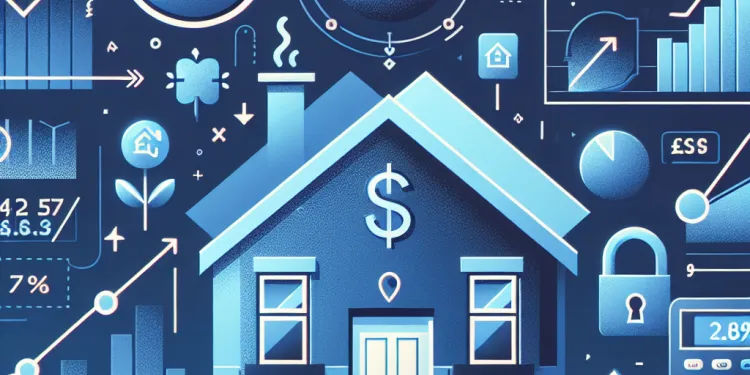
Will my fixed-rate mortgage payments change with interest rate fluctuations?
Relevance: 61%
-
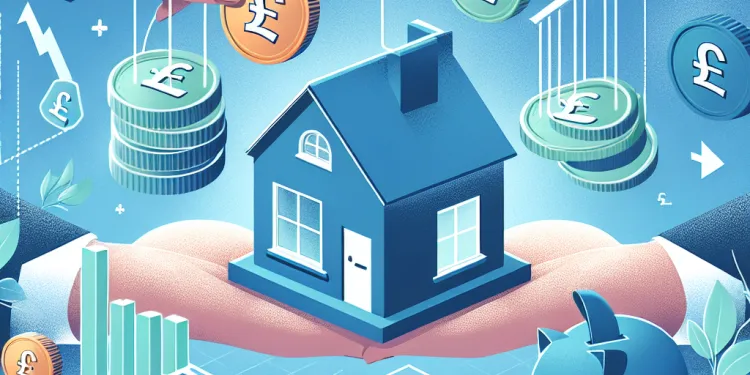
Is it possible to switch my mortgage type if interest rates become unfavourable?
Relevance: 58%
-

What is a tracker mortgage and how does it respond to interest rate changes?
Relevance: 57%
-
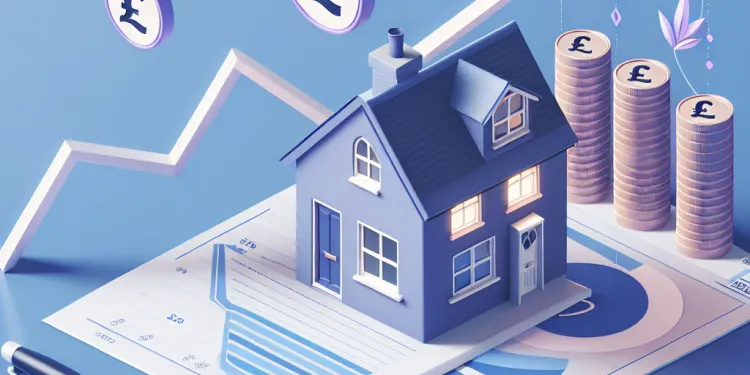
What should I do if I can't afford my mortgage payments due to rising interest rates?
Relevance: 55%
-

How much can I borrow for a mortgage UK - getting the Maximum Mortgage
Relevance: 50%
-

The Ultimate Buy-To-Let Mortgage Breakdown
Relevance: 50%
-

Getting the maximum mortgage in the UK
Relevance: 46%
-

What happens to my monthly payments if interest rates rise?
Relevance: 45%
-
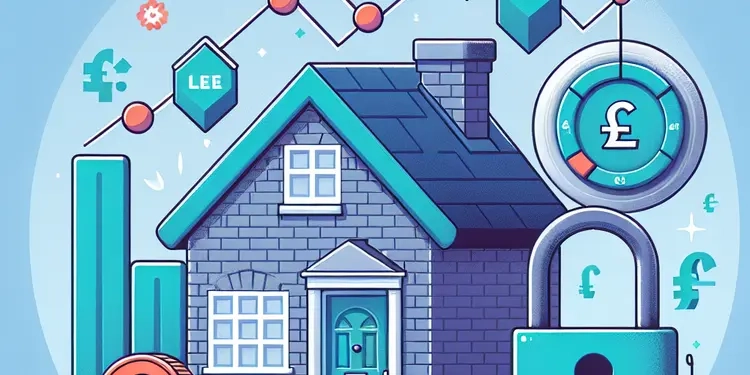
What does it mean to "Fix My Mortgage Rate"?
Relevance: 45%
-

Uk Buy to Let for Older Clients - Mortgage Options Tips and Criteria
Relevance: 44%
-
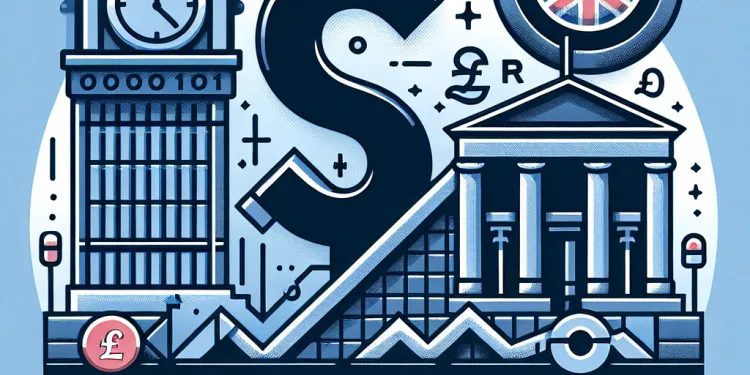
What is an SVR and how does it relate to interest rate changes?
Relevance: 44%
-
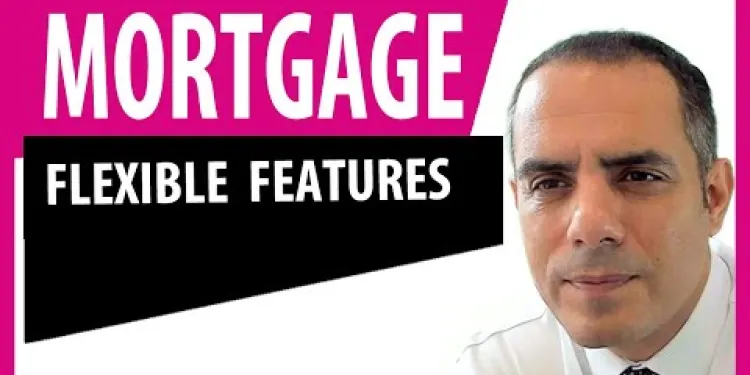
Mortgage Overpayment and Flexible Features Explained
Relevance: 44%
-
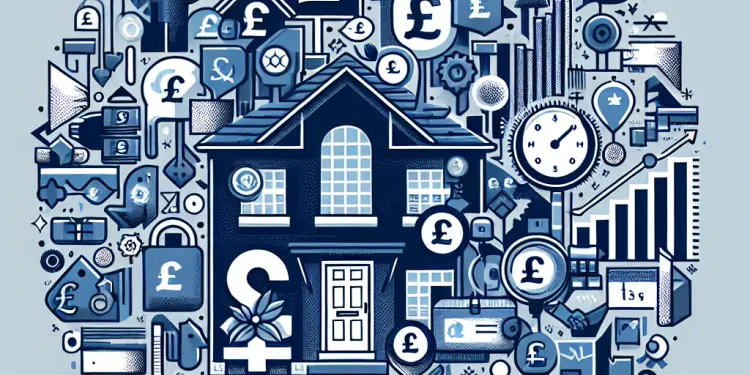
Are first-time buyers affected differently by interest rate changes?
Relevance: 43%
-

Major Banks Announce Changes in Interest Rates: Are You Affected?
Relevance: 43%
-

Mortgage Turned Down In The UK - Why mortgage applications are declined
Relevance: 42%
-

First Time Buyer Buy to Let Finance Options. Lending Criteria on Mortgage and Bridging Finance
Relevance: 41%
-
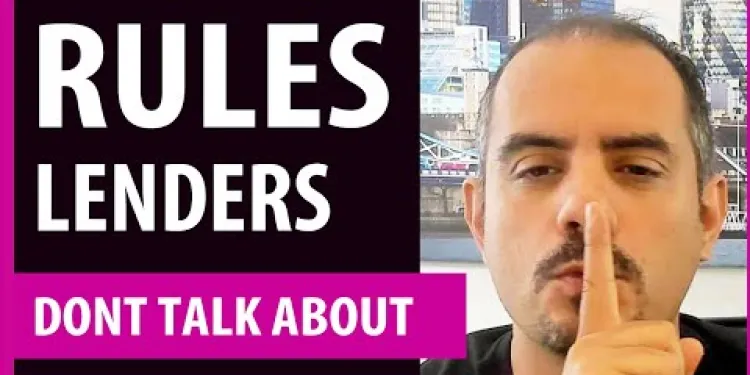
UK Mortgage Rules Lenders Don't Talk About - Debt To Income Ratio
Relevance: 41%
-
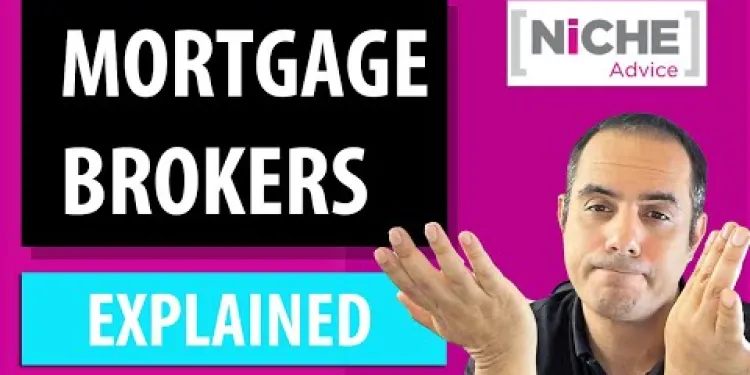
Selecting a Mortgage Broker - how they differ and what to watch out for
Relevance: 40%
-

How can I protect myself from rising interest rates?
Relevance: 40%
-
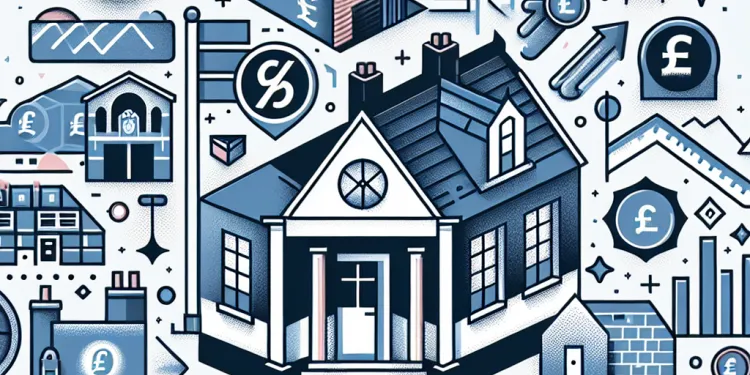
Can my lender change my interest rate without notification?
Relevance: 40%
-
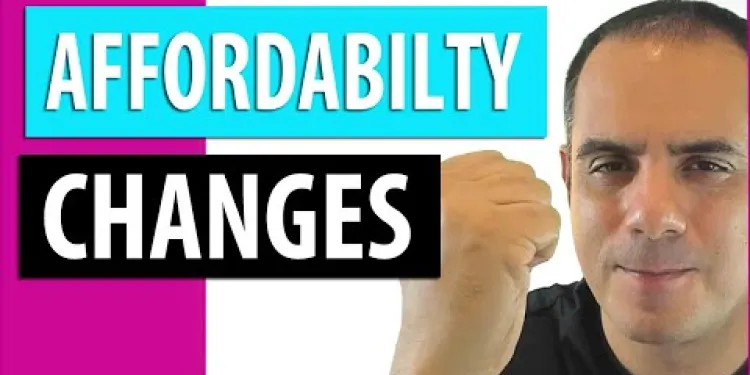
Mortgage Regulator removes the need for further affordability stress tests
Relevance: 40%
-
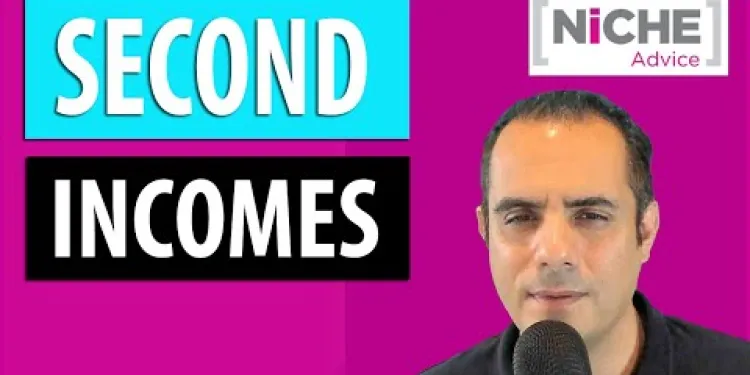
Using 100% of your Second Income for a Mortgage Application
Relevance: 40%
-

First Time Buyer Buy to Let Finance Options. Lending Criteria on Mortgage and Bridging Finance
Relevance: 40%
-
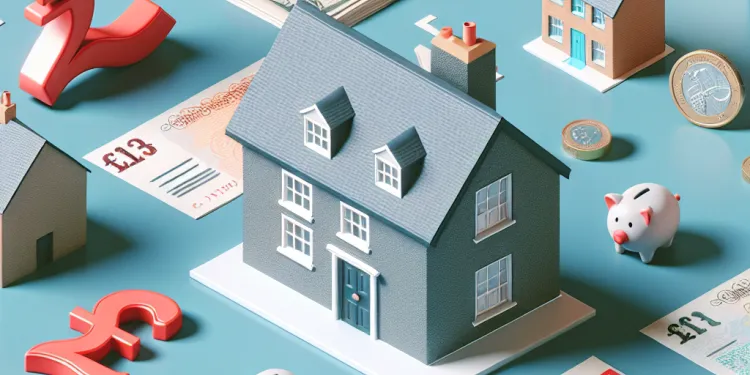
Can Stamp Duty be included in a mortgage in the UK?
Relevance: 40%
-
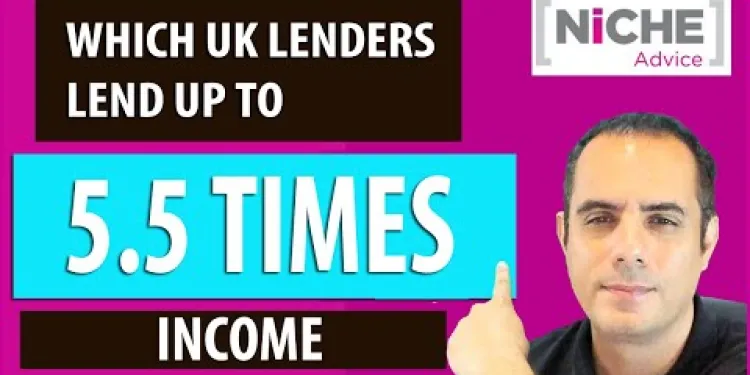
Highest Income Multiple Mortgage Lenders Revealed - Good and Bad Points
Relevance: 39%
-

5 Broker Exclusive Buy to Let Mortgage Lenders you need to know about as a Landlord
Relevance: 39%
-

HMO Mortgage Truths - how to get the best Finance option including Bridging Loan Criteria
Relevance: 39%
-
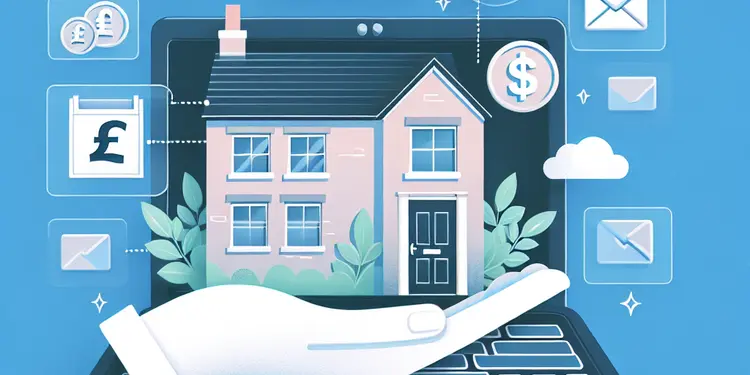
Is there assistance available for rent or mortgage payments?
Relevance: 38%
-

Mortgage on Inherited Property - How we can help you with the finance
Relevance: 38%
-
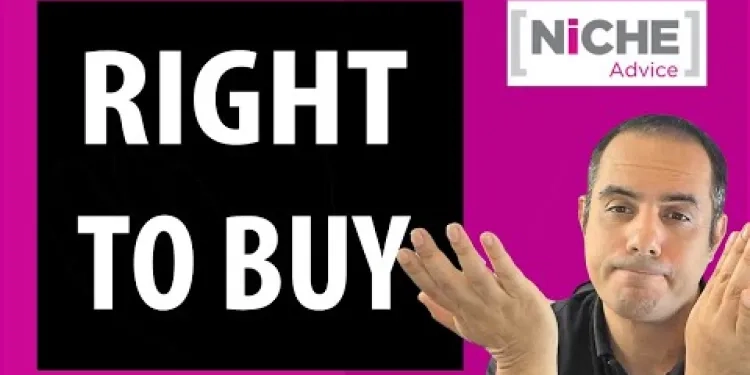
RIGHT TO BUY MORTGAGE - LET ME SAVE YOU TIME AND MONEY
Relevance: 37%
-
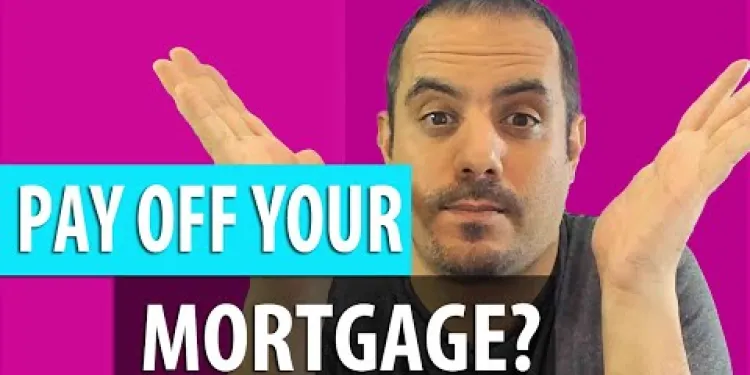
Should you Pay down your Residential Mortgage?
Relevance: 36%
-
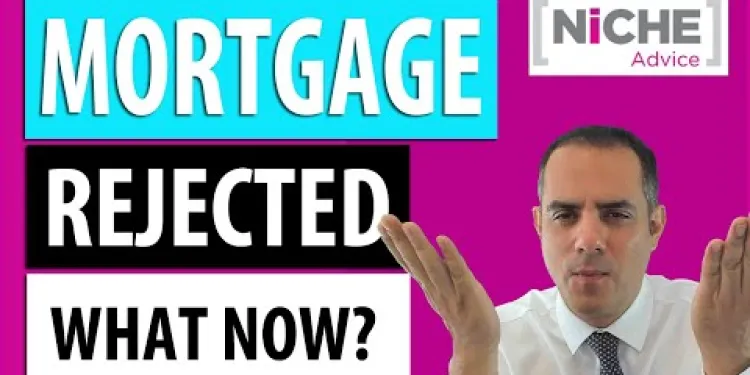
Turned down for a mortgage? Find out why and what to do
Relevance: 35%
-
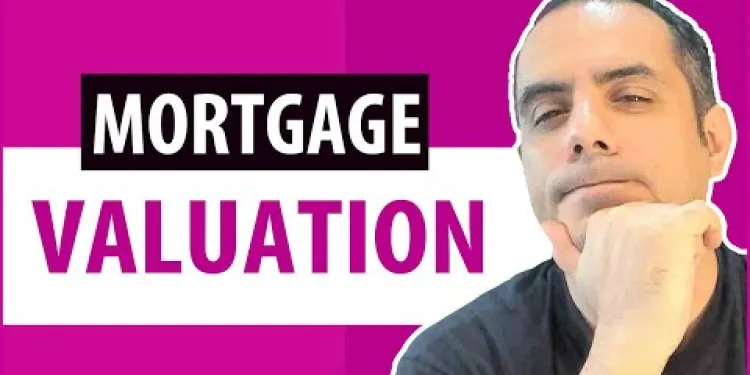
Can Mortgage lenders work from my own Survey Valuation Report?
Relevance: 35%
-
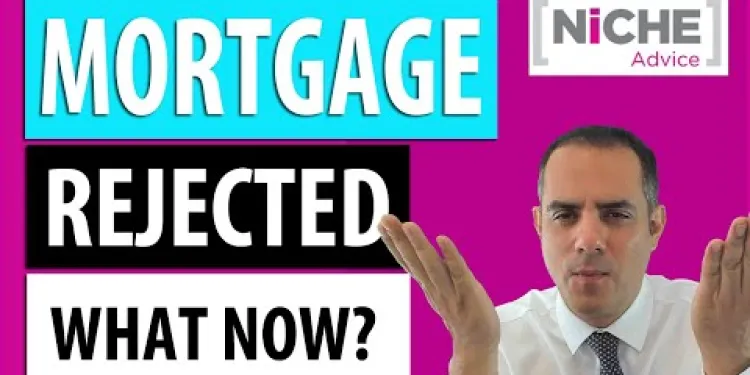
Turned down for a mortgage? Find out why and what to do
Relevance: 34%
-

Why do interest rates rise and fall?
Relevance: 33%
-

Can I get a Buy to Let Mortgage With My 18 Year Old Son
Relevance: 33%
-
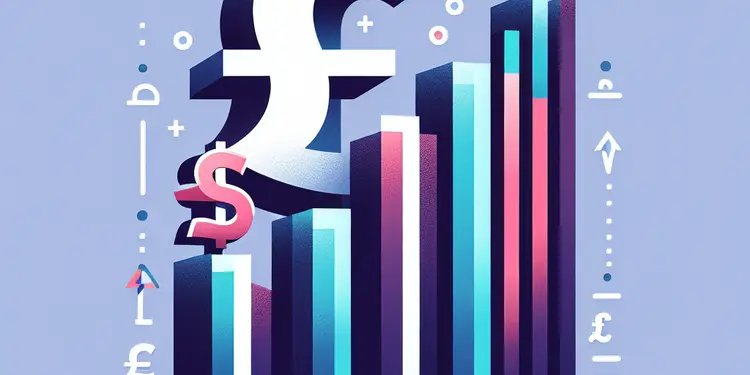
Will interest accrue during deferment?
Relevance: 32%
-

How do better interest rates help me save money?
Relevance: 30%
What is an 'Interest Only' Mortgage?
An interest only mortgage is a type of home loan where the borrower is required to pay only the interest on the mortgage for a set term. During this period, the monthly repayments do not pay off any of the capital amount borrowed. This can make monthly payments during the interest-only period lower than they would be with a traditional repayment mortgage, where both interest and capital are repaid each month.
How Do Interest Only Mortgages Work?
Typically, an interest only mortgage is structured so that the borrower pays only the interest for a term of five to ten years, after which time the borrower must either begin to pay off the capital over the remaining loan term or refinance into another mortgage. For example, if you have a 25-year mortgage term and an initial 10-year interest-only period, after the first 10 years have elapsed, you will need to start repaying the capital alongside the interest or find a new way to settle the capital debt.
Advantages of Interest Only Mortgages
One of the primary advantages of an interest only mortgage is that it allows for lower monthly payments during the interest-only term. This can be particularly beneficial for individuals who anticipate an increase in income in the future, enabling them to afford higher payments later. Additionally, investors in buy-to-let properties may choose interest only mortgages to maximise cash flow, as they may plan to sell the property at a profit later to pay off the capital.
Risks and Considerations
Despite the initial lower payments, interest only mortgages come with significant risks. One major concern is that at the end of the interest only period, the borrower still owes the full amount of the original loan. If you're unable to switch to a repayment plan or do not have a strategy to pay off the principal, you could potentially face the risk of foreclosure. It is crucial for borrowers to have a clear plan, such as savings, investments, or selling assets, to repay the capital when needed.
Eligibility and Accessibility in the UK
In the UK, interest only mortgages have become less common, particularly since the 2008 financial crisis. Lenders now have stricter requirements and require borrowers to demonstrate a credible repayment plan. Lenders are more likely to offer interest only mortgages to high-net-worth individuals or to those seeking mortgages for buy-to-let properties. Due to these restrictions, it's essential that borrowers consider their financial situation carefully before choosing an interest only mortgage.
What is an 'Interest Only' Mortgage?
An interest only mortgage is a type of loan for buying a home. With this loan, you only pay the interest for a certain time. You do not pay back the money you borrowed (called the capital) during this period. This makes the monthly payments lower than a regular mortgage where you pay both interest and capital every month.
How Do Interest Only Mortgages Work?
With an interest only mortgage, you pay only the interest for about five to ten years. After that, you must start paying back the capital too, or switch to a different loan. For example, if the total loan is for 25 years and the first 10 years are interest only, then after 10 years, you need to start paying back the capital as well.
Advantages of Interest Only Mortgages
The main advantage is paying less each month during the interest only time. This is good if you think your income will go up, so you can handle bigger payments later. People who buy homes to rent to others might use these loans to keep extra money each month. They might plan to sell the home later to pay back the capital.
Risks and Considerations
Although payments are low at first, there are big risks. By the end of the interest only time, you still owe all the money you borrowed. If you can't start paying it back or have no plan, you might lose your home. It is important to have a solid plan to repay the money, like saving, investing, or selling stuff, when the time comes.
Eligibility and Accessibility in the UK
In the UK, these loans are less common now, especially since the 2008 financial crisis. Lenders want to see a good plan for how you will pay back the money. These loans are often given to people with a lot of money or those buying homes to rent out. Think about your finances carefully before getting this kind of loan.
Frequently Asked Questions
What is an interest only mortgage?
An interest only mortgage is a type of home loan where the borrower pays only the interest on the loan for a specified period, usually 5 to 10 years.
How does an interest only mortgage differ from a traditional mortgage?
In a traditional mortgage, payments cover both interest and principal, reducing the loan balance over time. In an interest only mortgage, the principal remains unchanged during the interest only period.
What happens after the interest only period ends?
After the interest only period ends, the borrower must start repaying both principal and interest, resulting in higher monthly payments unless the loan is refinanced.
What are the benefits of an interest only mortgage?
Benefits include lower monthly payments during the interest only period, potentially allowing for greater cash flow and investment opportunities in the short term.
What are the risks of an interest only mortgage?
Risks include the possibility of not building any equity in the home and potentially facing much higher payments after the interest only period ends.
Who might benefit from an interest only mortgage?
Borrowers who expect to increase their income in the near future, those who plan to sell or refinance before the interest only period ends, or investors seeking to manage cash flow might benefit.
Can interest only mortgages be fixed or adjustable rate?
Yes, interest only mortgages can have either fixed or adjustable interest rates, although adjustable rates are more common.
Is it harder to qualify for an interest only mortgage?
It can be more difficult, as lenders may require a higher credit score, larger down payment, or proof of sufficient income due to the increased risk.
Are interest only mortgages popular?
They are less common than traditional mortgages but can be popular in certain markets or among specific types of borrowers.
What happens to the remaining balance after the interest only period?
The remaining balance must be paid off during the amortization period, leading to higher payments unless the loan is refinanced or paid off in a lump sum.
Can I make principal payments during the interest only period?
Yes, borrowers can choose to make additional principal payments, which can reduce the total interest paid and lower the balance.
Do interest only loans have prepayment penalties?
Some may have prepayment penalties, making it important to read the loan terms carefully before committing.
How is the interest rate determined for an interest only mortgage?
The rate can be based on market conditions and borrower qualifications, similar to other mortgages. Adjustable rates are commonly tied to an index like LIBOR or SOFR.
Can refinancing help at the end of an interest only period?
Refinancing can help manage payments by potentially securing a lower interest rate or different loan terms.
What types of properties can have interest only mortgages?
They can be used for various properties, but eligibility depends on lender policies, often favoring investment properties or high-value homes.
Are interest only loans regulated differently than other loans?
They may be subject to stricter regulations and borrower qualifications due to the potential risks involved.
Can an interest only loan be converted to a principal and interest loan?
Yes, after the interest only period, the loan typically converts to a principal and interest loan unless otherwise specified or refinanced.
How does an interest only mortgage affect tax deductions?
Interest paid on the mortgage may still be tax-deductible, similar to other mortgage interest, but principal payments don't offer a deduction.
What should I consider before getting an interest only mortgage?
Consider future income potential, market conditions, ability to refinance, and comfort with risk before opting for an interest only mortgage.
How do lenders evaluate applicants for interest only mortgages?
Lenders assess credit history, income stability, debt-to-income ratio, and ability to handle increased payments after the interest only period.
What is an interest only mortgage?
An interest only mortgage is a type of loan to buy a house. At first, you only pay the interest, not the loan itself. This means your monthly payments can be lower. Later on, you have to start paying back the loan amount.
To help understand this better, you can:
- Use pictures or charts to see how payments work over time.
- Ask someone you trust to explain it with simple examples.
- Use apps that explain money in simple ways.
An interest-only mortgage is a type of home loan. For this loan, you only pay the interest money for a certain time. This time is usually between 5 and 10 years.
What is the difference between an interest-only mortgage and a regular mortgage?
An interest-only mortgage means you only pay the interest at first. Later, you pay back the loan itself.
A regular mortgage means you pay both interest and the loan each month.
To understand better, you can:
- Use pictures or diagrams to see how it works.
- Ask someone to explain it in simple words.
- Watch a video that talks about mortgages.
A regular home loan lets you pay back both the money you borrowed and the extra cost called interest. This means you owe less over time. With an interest-only loan, you only pay the extra cost, so the amount you owe stays the same for a while.
What happens after the interest-only time is over?
When the time for paying only the interest is over, the borrower has to start paying back both the money they borrowed and the interest. This means the monthly payments will go up unless they get a new loan.
What is good about an interest-only mortgage?
An interest-only mortgage is a type of loan where you only pay the interest at first. This means:
- You pay less money each month at the start.
- You might have more money for other things now.
- Later, you will need to pay the full loan.
To help understand this type of mortgage, you can:
- Use a calculator to see how much you will pay.
- Ask someone you trust to explain it.
This type of loan can help you pay less each month for a while. This gives you more money to spend or save. You can also use the extra money to invest in other things.
What are the dangers of an interest only mortgage?
An interest only mortgage means you only pay the interest on the loan at first. Later, you have to pay back the full amount. Here are some dangers:
- Big payment later: After the interest period, you must pay all the money you borrowed. This can be a lot!
- House price changes: If the house price goes down, you might owe more than your house is worth.
- Have money ready: You need a plan to have enough money for the big payment later.
Tip: Use a calculator to see how much the final payment will be. Ask someone to help if you need.
Risks mean things that can go wrong.
If you have a home loan where you only pay the interest, there is a risk you will not own any of the house. Also, you might have to pay a lot more money later on.
For help understanding this, you can use pictures or charts. You can also ask someone to explain it to you in a simpler way.
Who can get help from an interest-only mortgage?
People who think they'll make more money soon, those who want to sell or refinance their home before the time for paying only interest ends, or those who want to handle their money better, might find it useful.
Do interest-only home loans have fixed or changing rates?
Yes, when you have an interest-only mortgage, your interest rate can stay the same or change. But, usually, it changes.
Is it more difficult to get an interest-only mortgage?
Do you want to know if getting an interest-only mortgage is tricky? Here's what you need to know:
- Interest-Only Mortgage: This means you pay just the interest at first, not the whole loan.
- Getting Approved: Some banks think these loans are risky, so they might ask for more proof you can pay them back.
Here are some tips for understanding and applying:
- Ask for Help: Talk to a bank worker or a money expert to make sure you understand everything.
- Use a Calculator: Try online tools to see how much you will pay each month.
- Make Notes: Write down important words and what they mean.
Remember, learning about this can help you make wise money choices!
Getting a loan can be harder. Banks might ask for a better credit score, more money down, or proof that you make enough money. This is because they worry it might be a risk.
Do people like interest-only mortgages?
An interest-only mortgage is a type of loan. You pay just the interest for a while. Then, later, you pay back the main loan.
Let's learn if these loans are popular.
- Some people like them because payments are smaller at first.
- But, you must pay more later. That can be hard.
- Ask a bank or expert for advice. They can help you.
Use tools like pictures or videos to understand more.
These are not as common as regular home loans. But some people or places might like them more.
What happens to the left-over money after the interest-only time ends?
You need to pay the rest of the money during the time you agreed. If not, you will have to make bigger payments. You can also choose to make one big payment or change the loan terms.
Can I pay off some of the loan before it starts?
Yes, you can pay extra money on the main part of your loan. This can help you pay less interest and owe less money.
Can you pay off interest-only loans early without a fee?
Some loans might make you pay extra money if you want to pay them off early. This means it's really important to read the rules of the loan carefully before you say yes.
How do banks decide the interest rate for an interest-only mortgage?
Banks use different things to decide the interest rate for an interest-only mortgage:
- How much money you want to borrow.
- What your credit score is. This shows how well you pay back money.
- What is happening with the economy.
Here are some tips to help:
- Use a calculator to see how much money you will pay with different interest rates.
- Ask a friend or family member to help you understand.
You can also talk to a person at the bank to explain the interest rate.
The rate is what you pay for borrowing money. It can change based on the money market and how good the borrower is, like other home loans. Rates that can change are usually connected to a number like LIBOR or SOFR.
Can getting a new loan help when an interest-only loan ends?
When you have an interest-only loan, you only pay the interest for a while. After that, you start paying back the loan itself.
Getting a new loan, called refinancing, might help you with these payments. You could get a new loan with better rules or lower payments.
It's important to talk with a money expert to see if refinancing is a good idea for you.
To understand more, you can:
- Ask someone to explain it to you.
- Use drawings or charts that show how the loan works.
- Try online tools that explain loans.
Refinancing is when you get a new loan to pay off the old one. This can help make money stuff easier. You might pay less money because of a lower interest rate, or change how you pay back the money to make it easier.
What homes can have interest-only loans?
You can use them for different types of houses. Whether you can get them or not depends on the bank's rules. Banks usually like to give them for expensive houses or houses you can rent out.
Are interest-only loans watched over in a special way?
Interest-only loans work differently from other loans. Because of this, the rules may be different too. It's important to know how these loans are watched over or controlled.
If you're not sure, you can ask an adult you trust or a money expert to help you understand. They can tell you more about how interest-only loans work and what the rules are.
There might be more rules and checks because there could be risks.
Can you change an interest-only loan to a principal and interest loan?
Yes, after the time when you pay only the interest, the loan usually changes. You start paying both the loan amount and the interest. This happens unless you make a new deal or change the loan.
How does an interest-only mortgage affect tax deductions?
An interest-only mortgage means you only pay the interest on your loan, not the full amount. This can change how your taxes work.
When you file your taxes, you might be able to get some money back from the interest you paid. This is called a tax deduction. With an interest-only mortgage, you may have a different amount to deduct compared to a regular mortgage.
Here are some tips to help:
- Ask someone who knows about taxes, like an accountant, to explain it.
- Use a calculator online to see how much you can save on taxes.
- Write down the interest you pay each year to keep track.
Remember, understanding how your mortgage works with taxes can help you save money.
You might be able to get some money back from the government for the interest you pay on your mortgage. This is called a tax benefit. But when you pay back the main part of the loan (called the principal), you can't get any money back for that.
Things to Think About Before Getting an Interest-Only Mortgage
Before you choose an interest-only mortgage, you should do a few things:
- Understand the Mortgage: You will pay only the interest at first. Later, you have to pay the full amount borrowed.
- Plan for the Future: Make sure you have a plan to pay back the big amount you borrowed.
- Check Your Budget: Can you afford the payments now and later when they might go up?
- Ask for Help: Talk to someone who knows a lot about money to help you decide.
You can use a calculator to see how much you will pay each month and a list to write down your plans and questions.
Remember to think carefully and ask for help if you need it.
Think about these things before getting a special kind of loan where you pay only the interest at first:
- How much money you might make in the future.
- What the economy and housing market are like.
- If you can change your loan to something different later.
- How you feel about taking risks with your money.
Some tools to help make decisions are online calculators and talking to a financial expert.
How do banks decide who gets interest-only loans?
When you ask to borrow money, lenders look at a few things:
- They check if you have borrowed money before and if you paid it back.
- They want to know if you have a stable job and get paid regularly.
- They see how much money you already owe compared to how much you earn.
- They also check if you can pay more money later on when your payments go up.
If you find reading hard, using audiobooks or apps that read text out loud can help. You can also ask someone to read it with you.
Useful Links
This website offers general information and is not a substitute for professional advice.
Always seek guidance from qualified professionals.
If you have any medical concerns or need urgent help, contact a healthcare professional or emergency services immediately.
- Ergsy carfully checks the information in the videos we provide here.
- Videos shown by Youtube after a video has completed, have NOT been reviewed by ERGSY.
- To view, click the arrow in centre of video.
- Most of the videos you find here will have subtitles and/or closed captions available.
- You may need to turn these on, and choose your preferred language.
- Go to the video you'd like to watch.
- If closed captions (CC) are available, settings will be visible on the bottom right of the video player.
- To turn on Captions, click settings .
- To turn off Captions, click settings again.
More Items From Ergsy search
-

What is an 'interest only' mortgage?
Relevance: 100%
-

How do interest rate changes affect my mortgage payments?
Relevance: 61%
-

Will my fixed-rate mortgage payments change with interest rate fluctuations?
Relevance: 61%
-

Is it possible to switch my mortgage type if interest rates become unfavourable?
Relevance: 58%
-

What is a tracker mortgage and how does it respond to interest rate changes?
Relevance: 57%
-

What should I do if I can't afford my mortgage payments due to rising interest rates?
Relevance: 55%
-

How much can I borrow for a mortgage UK - getting the Maximum Mortgage
Relevance: 50%
-

The Ultimate Buy-To-Let Mortgage Breakdown
Relevance: 50%
-

Getting the maximum mortgage in the UK
Relevance: 46%
-

What happens to my monthly payments if interest rates rise?
Relevance: 45%
-

What does it mean to "Fix My Mortgage Rate"?
Relevance: 45%
-

Uk Buy to Let for Older Clients - Mortgage Options Tips and Criteria
Relevance: 44%
-

What is an SVR and how does it relate to interest rate changes?
Relevance: 44%
-

Mortgage Overpayment and Flexible Features Explained
Relevance: 44%
-

Are first-time buyers affected differently by interest rate changes?
Relevance: 43%
-

Major Banks Announce Changes in Interest Rates: Are You Affected?
Relevance: 43%
-

Mortgage Turned Down In The UK - Why mortgage applications are declined
Relevance: 42%
-

First Time Buyer Buy to Let Finance Options. Lending Criteria on Mortgage and Bridging Finance
Relevance: 41%
-

UK Mortgage Rules Lenders Don't Talk About - Debt To Income Ratio
Relevance: 41%
-

Selecting a Mortgage Broker - how they differ and what to watch out for
Relevance: 40%
-

How can I protect myself from rising interest rates?
Relevance: 40%
-

Can my lender change my interest rate without notification?
Relevance: 40%
-

Mortgage Regulator removes the need for further affordability stress tests
Relevance: 40%
-

Using 100% of your Second Income for a Mortgage Application
Relevance: 40%
-

First Time Buyer Buy to Let Finance Options. Lending Criteria on Mortgage and Bridging Finance
Relevance: 40%
-

Can Stamp Duty be included in a mortgage in the UK?
Relevance: 40%
-

Highest Income Multiple Mortgage Lenders Revealed - Good and Bad Points
Relevance: 39%
-

5 Broker Exclusive Buy to Let Mortgage Lenders you need to know about as a Landlord
Relevance: 39%
-

HMO Mortgage Truths - how to get the best Finance option including Bridging Loan Criteria
Relevance: 39%
-

Is there assistance available for rent or mortgage payments?
Relevance: 38%
-

Mortgage on Inherited Property - How we can help you with the finance
Relevance: 38%
-

RIGHT TO BUY MORTGAGE - LET ME SAVE YOU TIME AND MONEY
Relevance: 37%
-

Should you Pay down your Residential Mortgage?
Relevance: 36%
-

Turned down for a mortgage? Find out why and what to do
Relevance: 35%
-

Can Mortgage lenders work from my own Survey Valuation Report?
Relevance: 35%
-

Turned down for a mortgage? Find out why and what to do
Relevance: 34%
-

Why do interest rates rise and fall?
Relevance: 33%
-

Can I get a Buy to Let Mortgage With My 18 Year Old Son
Relevance: 33%
-

Will interest accrue during deferment?
Relevance: 32%
-

How do better interest rates help me save money?
Relevance: 30%


